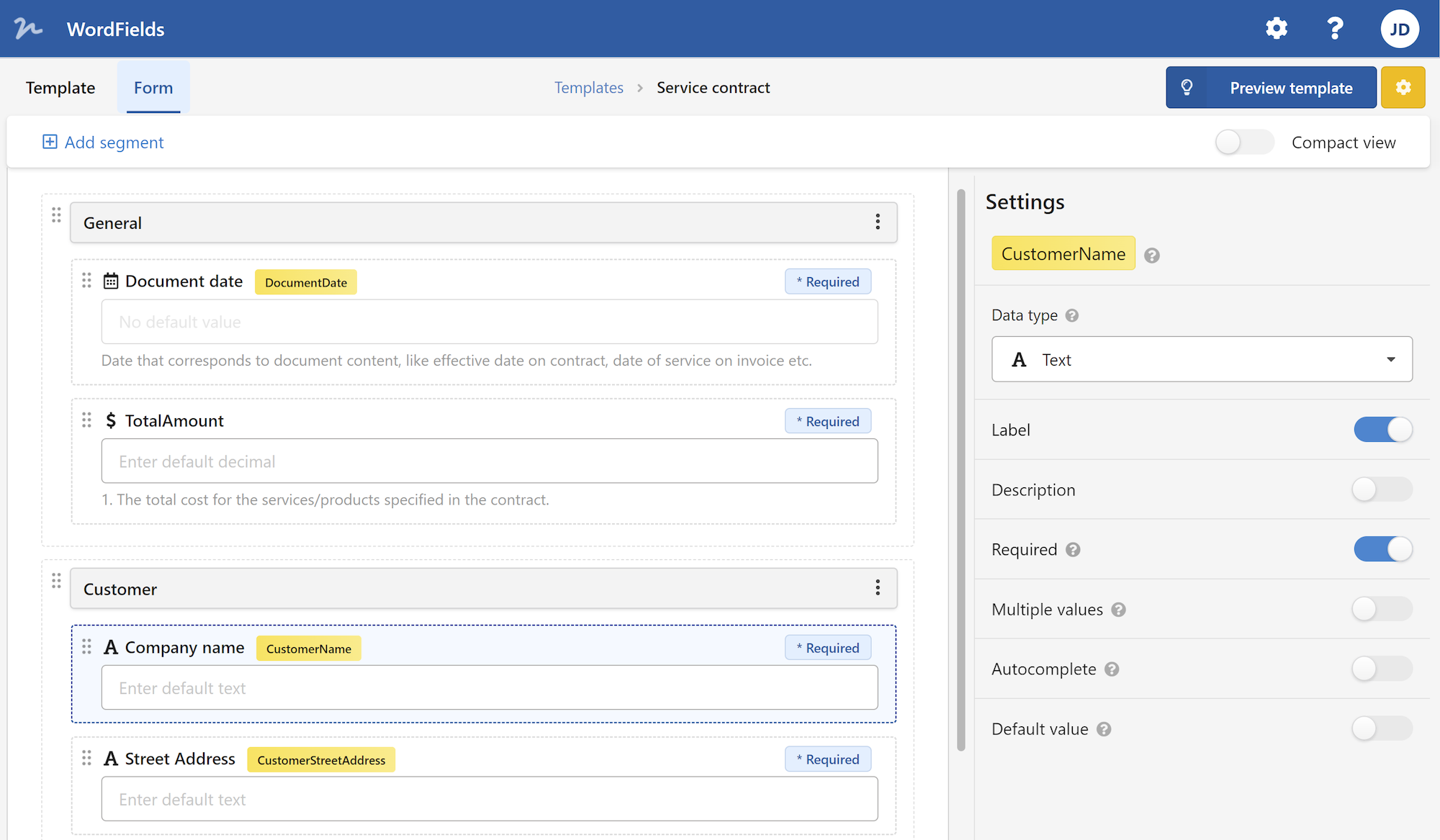
An authorization letter is a legal document that allows someone to act on your behalf with your permission. It is commonly used in various situations where you may not be available or unable to personally handle certain matters. In this article, we will delve into the different aspects of an authorization letter, including its purpose, format, and important considerations. So, whether you are granting authorization or receiving it, it is essential to understand the ins and outs of this important document.
What is an Authorization Letter?
An authorization letter is a written document that grants someone the authority to act on behalf of another person or organization. The person granting the authorization is known as the "principal" or "grantor," while the person receiving the authorization is referred to as the "agent" or "attorney-in-fact." This document outlines the specific actions or decisions the agent is allowed to make on behalf of the principal.
Purpose of an Authorization Letter
There are various reasons why someone might need to draft an authorization letter. Here are some common scenarios in which an authorization letter is used:
- Financial Matters: If you are unable to personally handle your financial affairs due to illness, travel, or any other reason, you can authorize another person to carry out transactions, sign documents, or access your bank accounts on your behalf.
- Legal Representation: In legal matters, you may require someone to represent you in court or sign legal documents in your absence. An authorization letter provides the necessary authority for them to act on your behalf.
- Medical Decisions: In situations where you are incapable of making medical decisions, an authorization letter allows a trusted person to make healthcare choices and communicate with medical professionals on your behalf.
- Pickup or Delivery: If you are unable to personally receive or send important documents, packages, or mail, an authorization letter enables someone else to act as your representative to collect or send them on your behalf.
- Travel Permissions: Parents may need to provide an authorization letter to grant their child permission to travel with another adult or to allow a relative or friend to act as a guardian during their absence.
Format of an Authorization Letter
While the specific format of an authorization letter may vary depending on the purpose and jurisdiction, there are some essential elements that should be included:
- Date and Place: Begin the letter by including the date and the location where the authorization letter is being written.
- Recipient Information: Provide the full name, job title, and contact details of the person or organization receiving the authorization.
- Subject: Clearly state that the letter is an authorization letter by mentioning it in the subject line.
- Salutation: Greet the recipient courteously, using appropriate salutations such as "Dear" followed by their name.
- Introduction: Begin the letter by stating your full name, address, and any other necessary identifying information.
- Authorization Statement: Clearly and concisely state that you are authorizing the recipient to act on your behalf and specify the scope of their authority.
- Duration of Authorization: Indicate the duration for which the authorization is valid. You can set a specific date or state that it is valid until further notice.
- Closing: Sign off the letter politely using appropriate closings such as "Sincerely" or "Yours faithfully."
- Signature: Physically sign the letter above your printed name.
- Witness Signature: If required, include a space for a witness to sign the letter.
- Notarization: Depending on the jurisdiction and the nature of the authorization, you may need to have the letter notarized or witnessed by an authorized person.
Important Considerations for an Authorization Letter
When creating an authorization letter, there are a few important points to consider:
- Clarity and Specificity: Clearly state the actions or decisions the authorized person can make on your behalf. Avoid general statements and specify the exact limits of their authority.
- Trust and Reliability: Only grant authorization to someone you trust implicitly, as they will have the power to act on your behalf.
- Revocation: It is essential to include a clause in the authorization letter that states you can revoke the authorization at any time by providing written notice.
- Valid Identification: Depending on the situation, the agent may need to provide valid identification documents to ensure their identity and legitimacy.
- Legal Advice: If you are unsure about the legal implications of granting authorization, seek legal advice before drafting the letter.
- Delivery Method: Choose a secure and reliable method to deliver the letter to the recipient, ensuring it reaches the intended person or organization.
Conclusion
An authorization letter is a powerful document that grants someone the authority to act on your behalf. It is essential to create this letter with care, ensuring its clarity, specificity, and legality. Whether you are granting someone authorization or receiving it, understanding the purpose, format, and important considerations will help you navigate this important legal instrument with confidence.
 WordFields
WordFields
